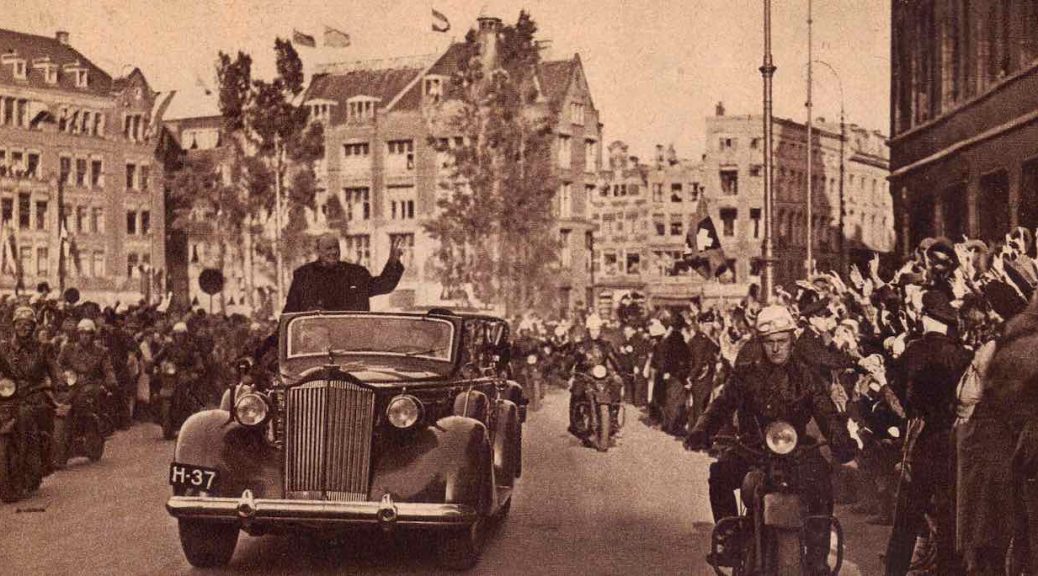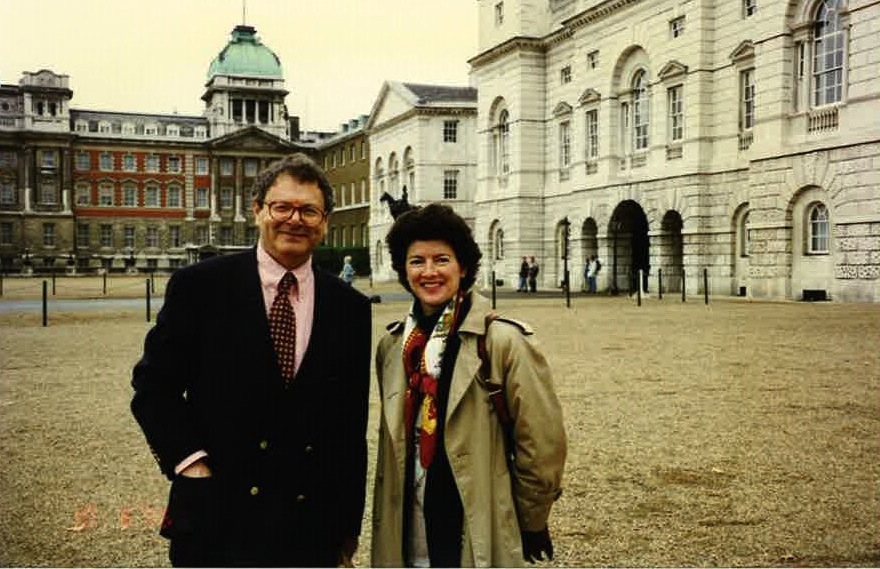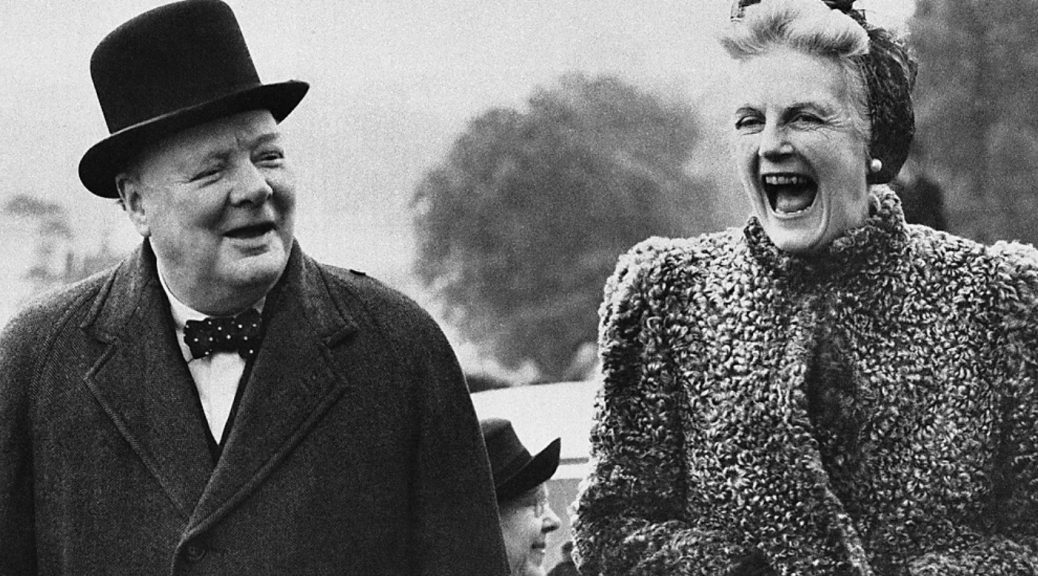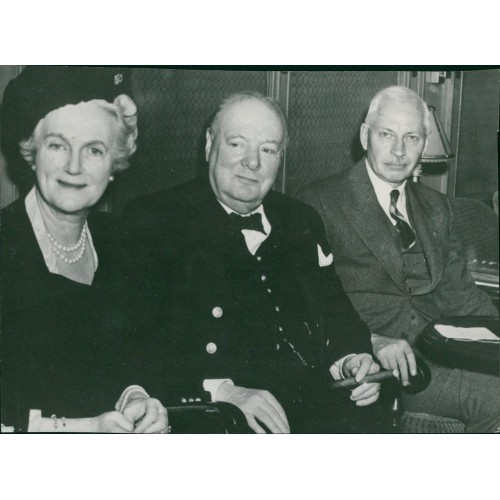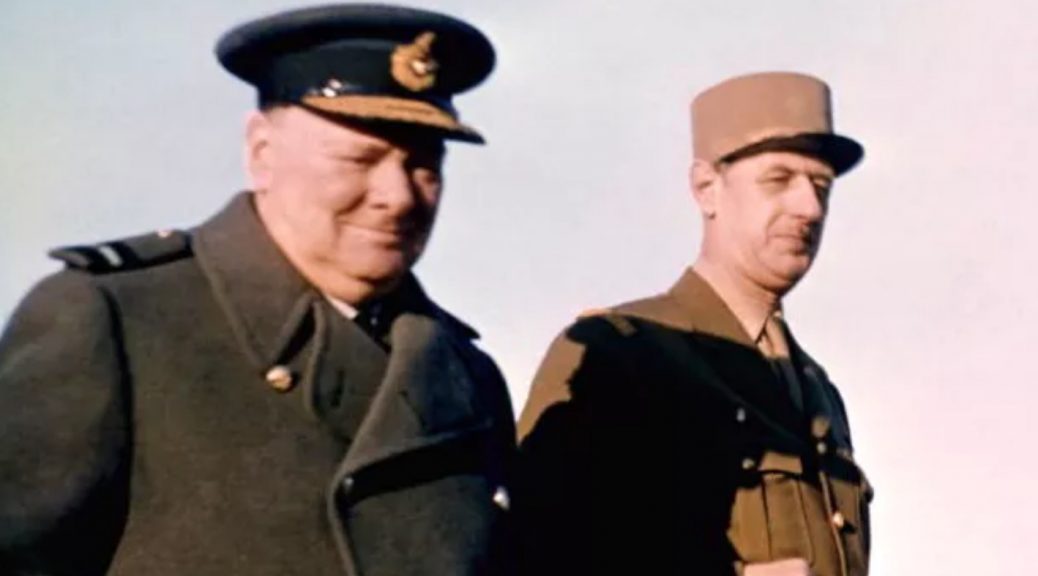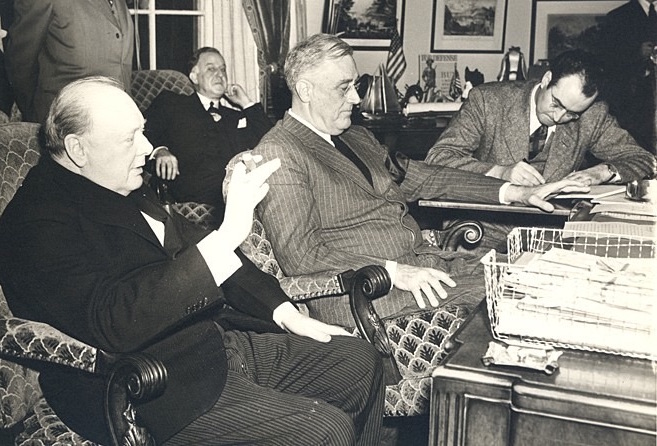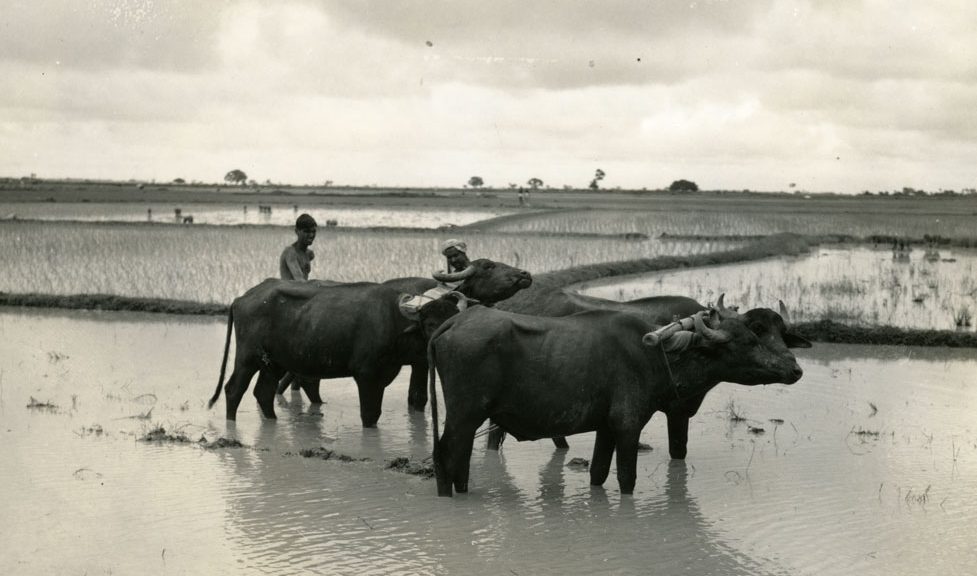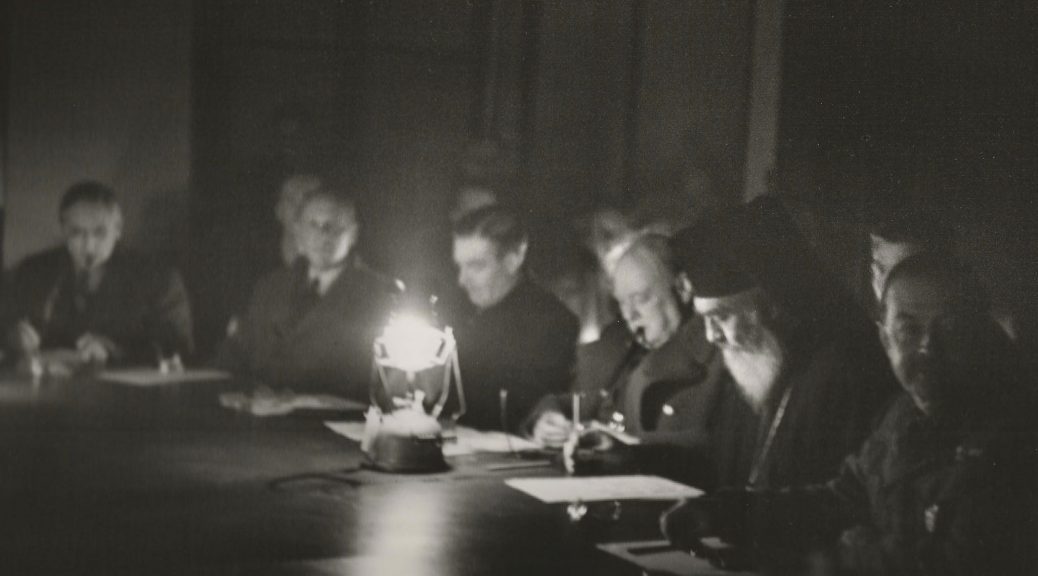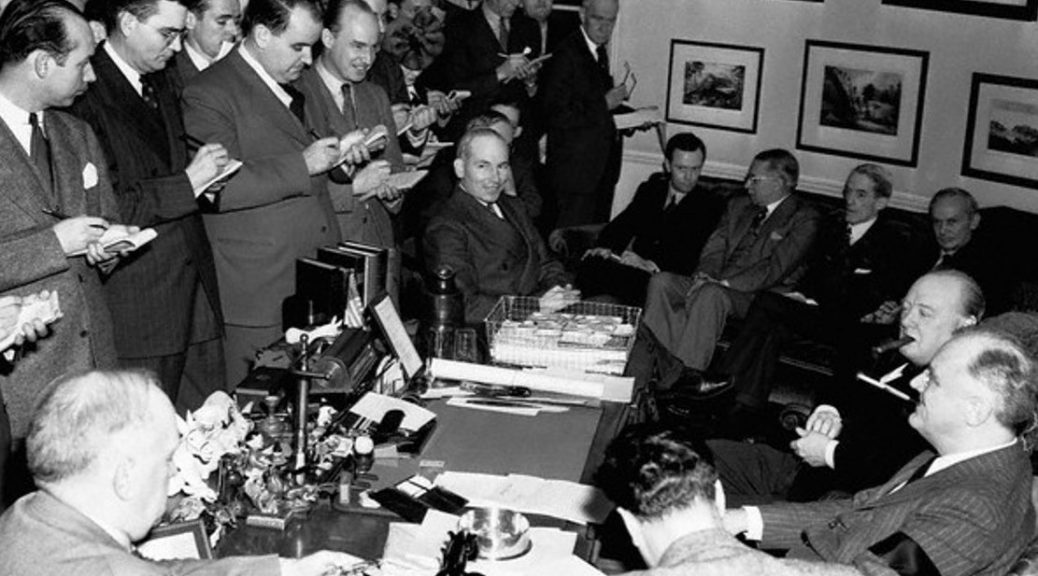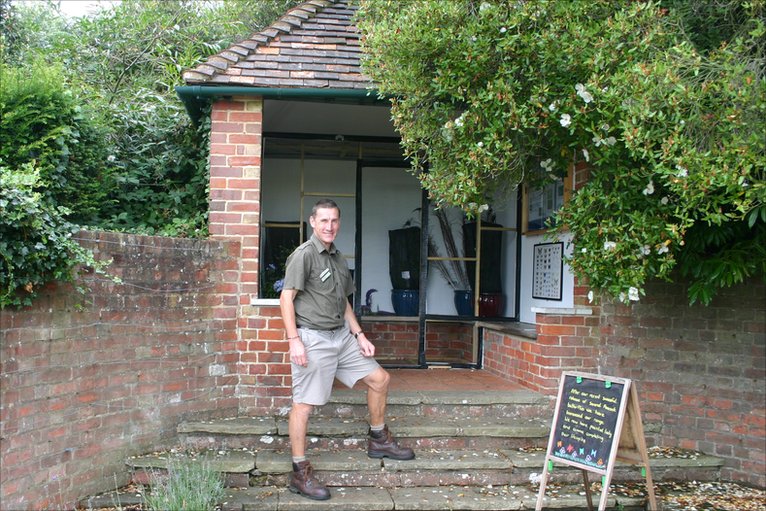
Churchill’s Butterflies Continue to Flourish at Chartwell
Butterflies are back in force at Sir Winston Churchill’s Chartwell. In 2009, the National Trust rebuilt the butterfly hut and gardener Stephen Humphrey took charge of raising butterflies. Nigel Guest, a Chartwell volunteer, immediately reported “a terrific year for butterflies.” For his report and color photos of Churchill’s favorite species see BBC Radio Kent, “Churchill’s Butterfly House at Chartwell.”
David Riddle, a National Trust volunteer at Chartwell, gave me the background of the “Butterfly House” Churchill established to propagate the insects on the grounds of his home:
The Butterfly House was first used as a game larder between 1869 and 1889 by the Colquhoun family, who owned Chartwell between 1830 and 1922, when Churchill bought the estate.…
